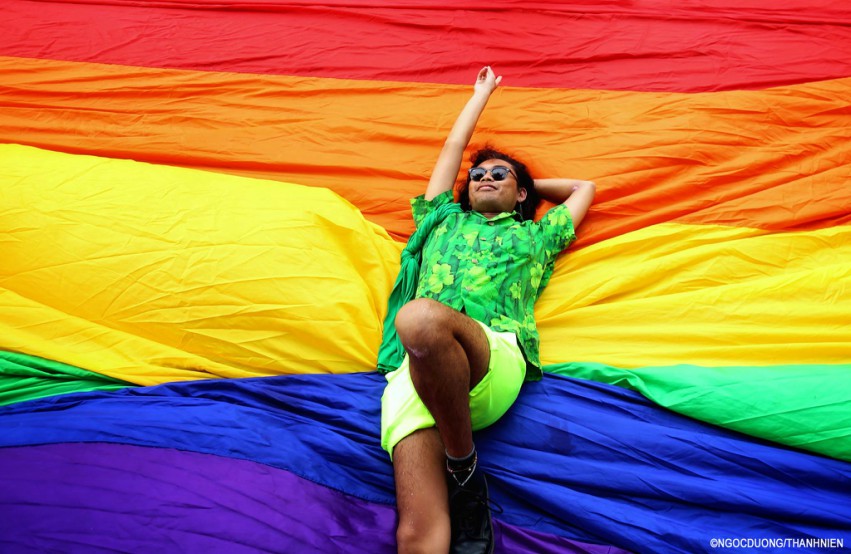VietPride 2018. | Photo: VietPride/Facebook
Over 75% of the world now live in a country where gay sex is legal.
Yesterday, 3.17 billion people lived in a place where homosexuality was banned by law.
That’s 42% of the global population.
With today’s Supreme Court ruling in India, the number has tumbled down to 1.84 billion.
This means 24% of the people in the world live in a country where gay sex is illegal.
Biggest decriminalization verdict in history
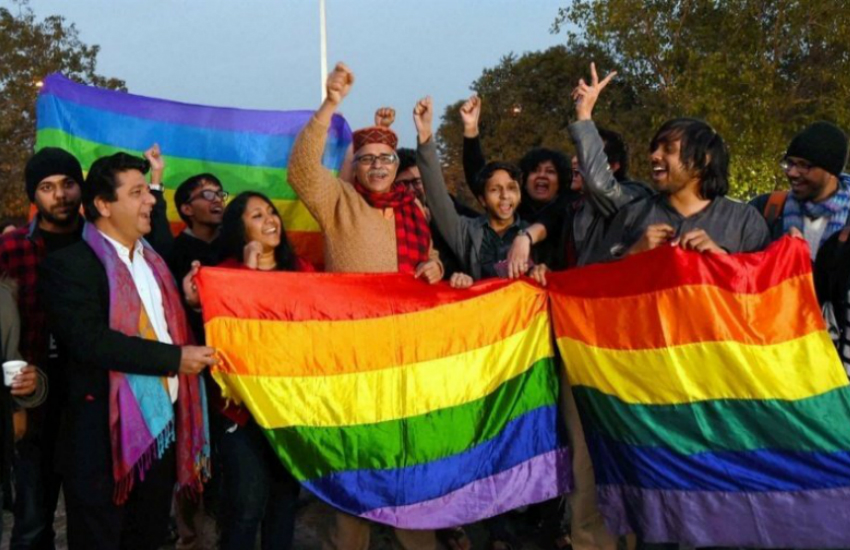
India’s LGBTI community celebrates Supreme Court decision to end gay sex ban (Photo: @srikumarbalaa via Twitter)
Five Supreme Court judges ruled Section 377 of the Penal Code was unconstitutional in India. They also said it violated the right to privacy.
India has an estimated LGBTI population of 78 million. This was, therefore, the biggest decriminalization verdict in history.
‘We have to vanquish prejudice, embrace inclusion, and ensure equal rights,’ said Chief Justice of India, Dipak Misra in his judgment.
Misra argued that public morality and majoritarian views ‘cannot dictate constitutional rights’. He said LGBTI people deserve the same rights as other people.
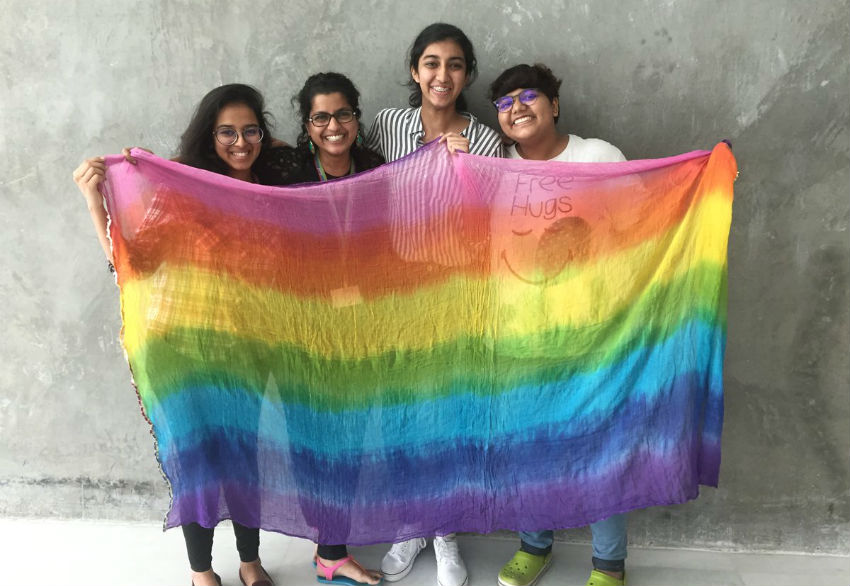
Workers at India Culture Lab celebrate the Indian Supreme Court ruling, 6 September 2018 (Photo: @IndiaCultureLab via Twitter)
The court ruled: ‘Sexual orientation of an individual is natural and discrimination on the basis of sexual orientation is a violation of Freedom of Expression’.
Harish Iyer and even his mom, have been at the forefront of the campaign to abolish Section 377. Iyer is one of the most high profile LGBTI advocates in India and was confident but very nervous ahead of today’s decision.
‘This verdict reaffirms our faith in not just legality but also humanity. This is a giant leap for humankind. We were born without discrimination,’ Iyer told Gay Star News.
Still a lot of work to do
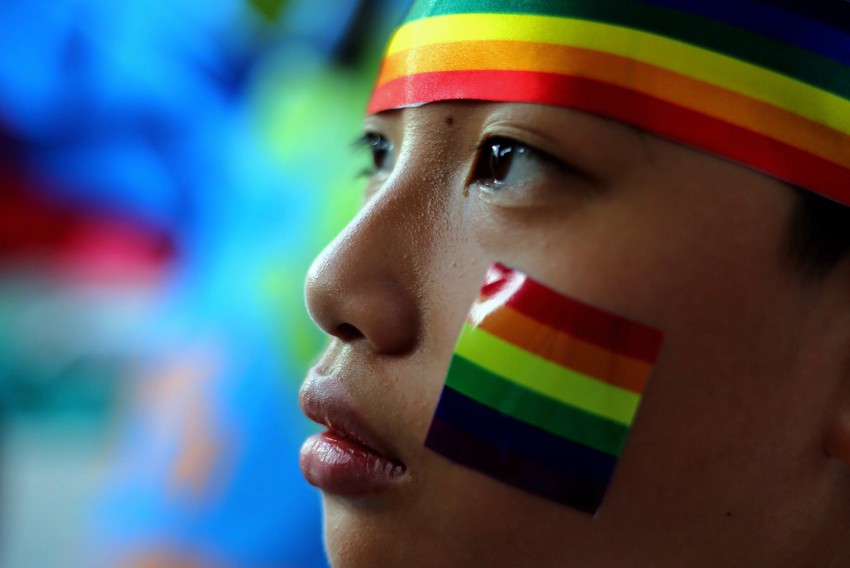
Saigon kicked off Vietnam’s pride season. | Photo: Facebook/VietPride
However, in many countries, gay sex remains illegal. Homosexual activity can still result in prosecution in 71 countries.
In over half a dozen countries, those found guilty can even face the death penalty. These include Iran, Sudan, Saudi Arabia, Yemen, parts Somalia and northern Nigeria. Members of Islamic State have also put people to death for being gay in Iran and Syria.
After India decriminalizes gay sex, which country might be next?
And it’s not just about decriminalizing gay sex.
Activists across the world have to achieve marriage equality, protections against discrimination, banning LGBTI ‘cure’ therapy, putting in place trans and intersex rights.
Trans women, especially those of color, continue to face the highest risk of being murdered.
In some countries, like Egypt or Chechnya, it’s getting worse to be LGBTI.
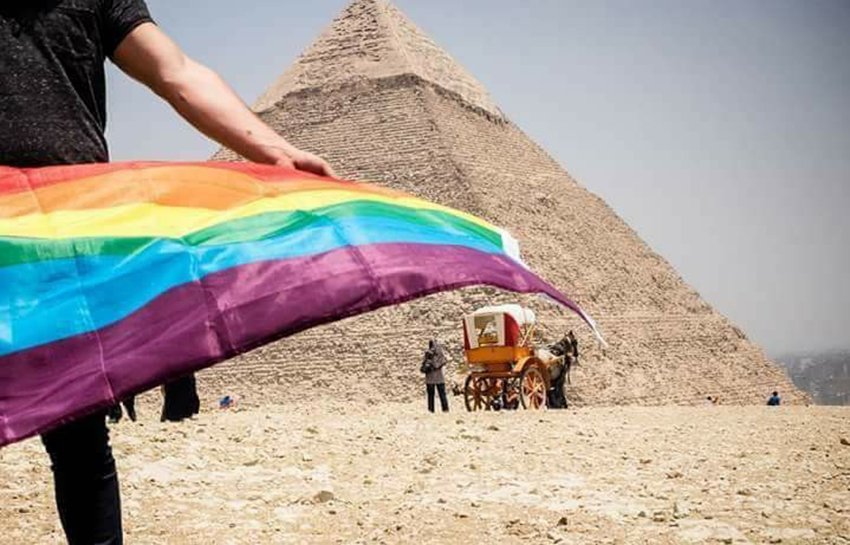
A previous protest where an activist flew a rainbow flag at the pyramids in Giza.
How long will it take for every country to achieve LGBTI equality?
But the worldwide trends suggest progress continues at a fast pace.
Today, 1.18 billion people – 16% of the world’s population – live in a country with marriage equality.
Alongside marriage and partnership rights, LGBTI parenthood has expanded rapidly. Very often adopted and foster kids have benefited. Now 26 nation states allow same-sex couples to adopt jointly and 27 allow you to adopt your partner’s child.
Around 40 countries currently give transgender people some rights.
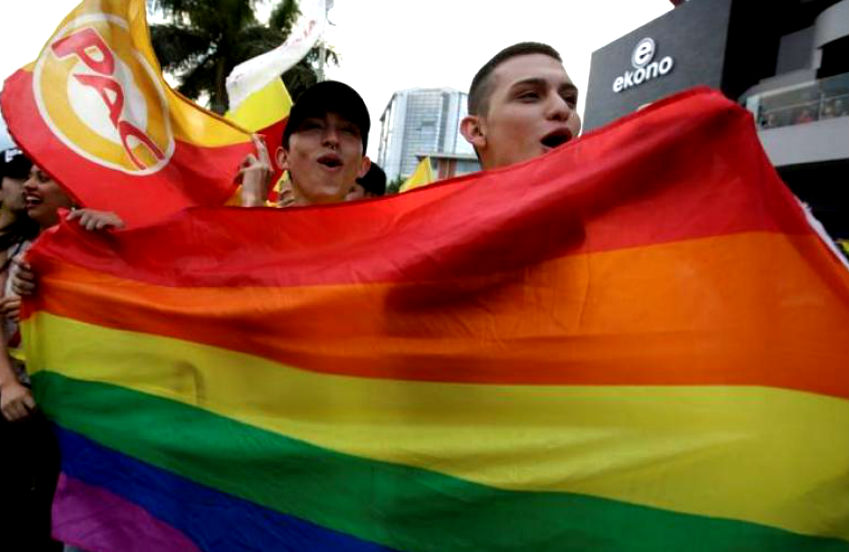
Celebrations over Costa Rica’s Supreme Court ruling that marriage equality must be law by 2020 | Human Rights Watch
Ultimately, it’s about changing hearts and minds.
A study by GLAAD found 20% of Americans aged 18 to 34 identify within the LGBTI community.
That’s compared to a national average of 12%. It’s a massive change from the oldest generation in the US. Just 5% of people aged 72 or over say they are LGBTQ.
Straight and cisgender younger people also have better attitudes than their elders.
The same GLAAD survey asked non-LGBTQs if they were ‘allies’, ‘detached supporters’ or ‘resisters’ of our community.
An encouraging 86% of straight, cisgender 18 to 34s are allies or supporters.

